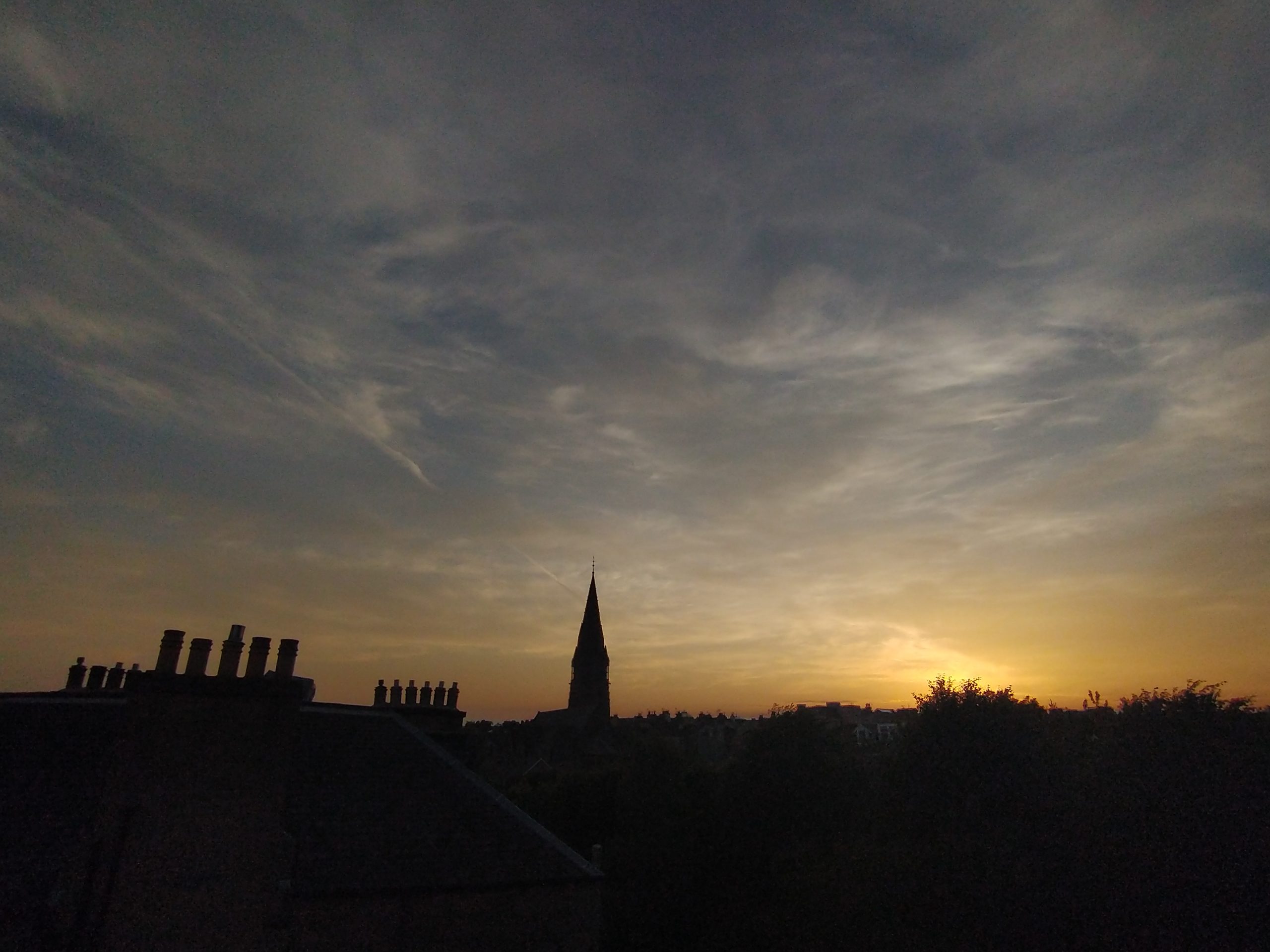 There’s news today of an important new women’s health strategy in England. ‘Ministers have vowed to tackle decades of “systemic” and “entrenched” gender health inequality in England with plans to introduce compulsory women’s health training for doctors, more cancer checks and “one-stop shop” hubs across the NHS’, reports The Guardian. I turned on the radio. Women were talking about how they didn’t feel properly listened to by their doctors when they went to discuss ‘female problems’. They said they felt they were expected just to ‘put up with things’.
There’s news today of an important new women’s health strategy in England. ‘Ministers have vowed to tackle decades of “systemic” and “entrenched” gender health inequality in England with plans to introduce compulsory women’s health training for doctors, more cancer checks and “one-stop shop” hubs across the NHS’, reports The Guardian. I turned on the radio. Women were talking about how they didn’t feel properly listened to by their doctors when they went to discuss ‘female problems’. They said they felt they were expected just to ‘put up with things’.
It brought back a sudden memory of learning an old Scots lullaby at school – one of the folksongs collected and published by Robert Burns. It’s the lament of a woman who has too many children and doesn’t know what to give them:
‘Heeo, weeo, what wou’d I do wi’ you?
Black’s the life that I lead wi’ you;
Mony o’ ye, little for to gie you.
Heeo, weeo, what wou’d I do wi’ you?’
There are several verses, here if you want to read them. One of the verses speaks of building a cradle ‘on the treetop’ and watching the cradle rock in the wind.
I remember singing this song with my school class and being dimly aware that it was about the distress of a mother who didn’t want so many children, but the subject matter was never discussed with us – it was just an opportunity for ‘class singing’ and enjoying a lovely old Scots tune. There were quite a few songs of that ilk, actually.
Yet when I think back on it, it could have been a useful educational opportunity – or ‘teachable moment’ as they say – for us girls (it was a girls’ school). That and so many other songs, poems and passages of literature, alluding to age-old female problems, which could have been starting-points for discussion or raising awareness. As it was, I remember vaguely thinking ‘this is surprisingly sad for a lullaby’. Later I discovered that many lullabies from all over the world are sad, even if sung to soothing melodies.




How fascinating that lullabies are often sad – but it makes sense. (And many folk songs have not-so-hidden stories.) As you say, a lot of life-learning there.